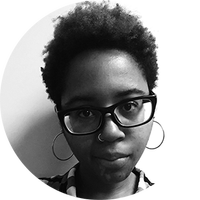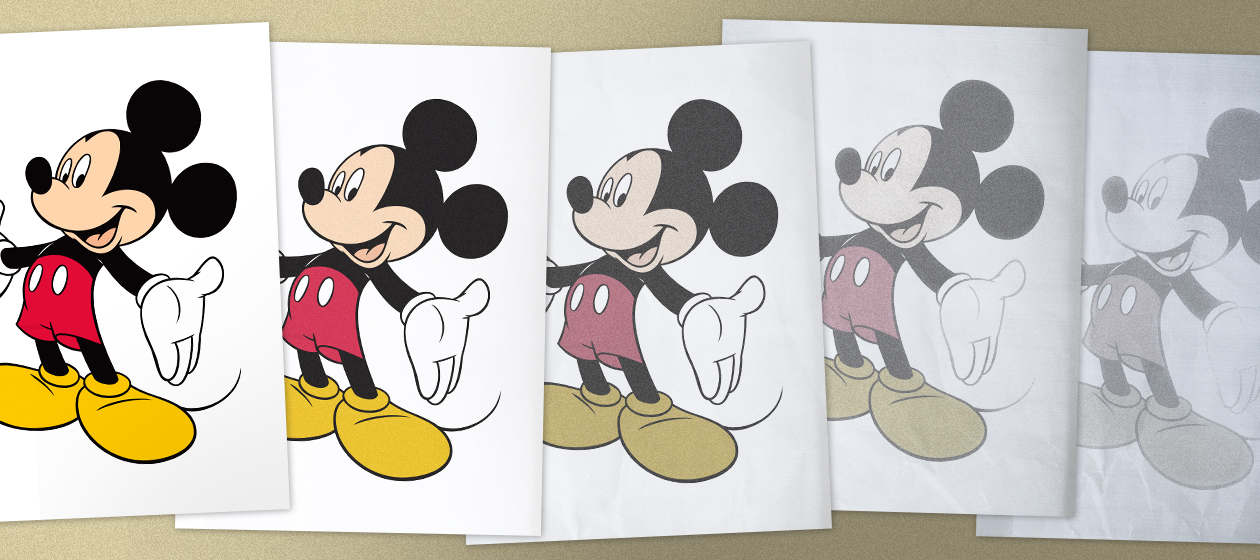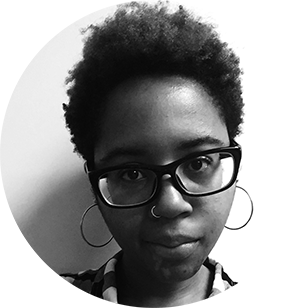Disney is out of ideas
Its focus on Pixar, Star Wars, and Marvel seems to be coming at the creative expense of its own brand


A free daily email with the biggest news stories of the day – and the best features from TheWeek.com
You are now subscribed
Your newsletter sign-up was successful
Walt Disney Pictures is in a rut.
Despite its dominant position as a media and entertainment colossus, the past few years have brought a creative downturn for the studio that once made The Lion King, Aladdin, and Mulan, critically acclaimed and popular animated movies marked by wholesomeness, fun, and originality. These days Disney releases far fewer original movies and more recycled stories, franchises, and reboots. It's a depressing trend that's certain to continue for the foreseeable future.
In its first golden age, when the company was still finding its footing, Disney released what would become classics: adaptations of children's stories, fantasy books, and fairy tales like Pinocchio, Cinderella, and Treasure Island; original stories like Dumbo, as well as a more eclectic mix of films that mixed animation and live action; and musical anthology films like Fantasia and the notorious, casually racist The Three Caballeros and Song of the South. Original? Yes. Savory? Not so much.
The Week
Escape your echo chamber. Get the facts behind the news, plus analysis from multiple perspectives.

Sign up for The Week's Free Newsletters
From our morning news briefing to a weekly Good News Newsletter, get the best of The Week delivered directly to your inbox.
From our morning news briefing to a weekly Good News Newsletter, get the best of The Week delivered directly to your inbox.
Then, after a lengthy period of steady, though not particularly innovative filmmaking, Disney saw a resurgence in the 1990s, an era its fans know as the Disney Renaissance. Starting around 1989 with the release of The Little Mermaid and concluding around the release of Tarzan in 1999, the Disney Renaissance was centered on animated offerings, many of which topped the list of the highest-grossing films of the decade and proved to have lasting appeal.
While it never ventured too far from rich source material, freely drawing from classic fairytales and folklore (Beauty and the Beast, Aladdin), history (Pocahontas, Mulan), literature (The Hunchback of Notre Dame, Tarzan), and mythology (Hercules), Disney was known for totally revamping and revising these stories. The movies fit a tidy formula. There was the protagonist — an underdog, outcast, or outsider whose journey to self-realization served as the emotional core of the movie. Then there was the snarky sidekick, often an anthropomorphized animal or magical creature, and a villain with a clear, distinct personality — and often charisma. There was catchy music, heavy on songs about self-acceptance, ballads about romance, and upbeat feel-good jams. And there was also a predictable arc to each narrative, so the audience generally knew what was coming, even if it delighted in the variables that made each production unique. After all, from the color palettes to the musical style (e.g., Hercules' jubilant gospel-inspired "Zero to Hero" vs. Hunchback's fearful "Hellfire"), each movie felt entirely of its own original world. In many ways, the Disney Renaissance was classic "dream factory" Hollywood.
Disney kept chugging along throughout the early 2000s, but its slate grew more and more middling, with only the occasional popular movie. But 2009's The Princess and the Frog marked a return to form and the beginning of what's considered the Disney Revival. The Revival, like the Renaissance, contained new takes on fairytale classics (The Princess and the Frog, Tangled, Frozen, Maleficent), as well as a variety of originals (Wreck-It Ralph, Tomorrowland, Zootopia, Moana). However, the Revival was also based around Disney learning to consider changing times and a more diverse audience. Wreck-It Ralph, Tomorrowland, and Big Hero 6 reflected worlds of changing technology. Big Hero 6, The Princess and the Frog, and Moana featured protagonists of color. In its themes, too, Disney got more daring, tackling grief in Big Hero 6 and racism in Zootopia. But sadly, the Revival ended around 2016, when Moana, the last original Disney film, was released.
Which brings us to the Disney Rut. This year we see the start of a trend toward Disney movies that either simply recycle or recast old classics, exist as sequels or the next installment of a franchise, or take their material from pre-existing sources.
A free daily email with the biggest news stories of the day – and the best features from TheWeek.com
So far in 2018 Disney has released three installments of the Marvel Cinematic Universe (Black Panther, Avengers: Infinity War, Ant-Man and the Wasp), an underwhelming adaptation of a novel (A Wrinkle in Time), a film set in the universe of another one of Disney's classic properties (Christopher Robin), a spin-off of another franchise (Solo: A Star Wars Story), and a sequel under Pixar (Incredible 2). Not all of these movies are bad, of course. But the good ones — like Black Panther — aren't really Disney movies.
Since Disney acquired juggernauts Lucasfilms, Marvel, and Pixar it has shifted its focus from producing its own original films to instead building on those already existing franchises. It makes financial sense too — five of the Star Wars films, including 2015's Star Wars: The Force Awakens, hold spots in the ranking of the top 20 highest-grossing films in America when adjusted for inflation. But that also means Disney is focusing more on its role as a money-making machine than on its own creative brand.
In the next two years, the majority of the films slated for release by Disney are sequels, remakes, and new movies in the Pixar, Star Wars, and Marvel franchises (along with one nature film). The outliers are the forthcoming The Nutcracker and the Four Realms (2018), based on the popular story and ballet; Artemis Fowl (2019), based on the young adult book of the same name; and Jungle Cruise (2019), which will be based on the Disney attraction in a move the company surely hopes will produce the same results as the Pirates of the Caribbean franchise, also based off a Disney attraction. Only the last one is an original story and it does not sound promising.
Perhaps most indicative of Disney's creative slump, however, is its recent push to revive its animated classics through live-action remakes beginning with Cinderella (2015) and Beauty and the Beast (2017). With live-action takes of Dumbo (2019), Aladdin (2019), The Lion King (2019), and Mulan (2020) forthcoming, Disney can print money off the nostalgia of an already active fan base, while sprinkling in just enough glitz from high-profile stars to draw even more people to theaters. It's the safest of bets.
We've already seen the highs and lows of Disney productions over the years, so perhaps its sad state of affairs is only temporary. Or perhaps as Disney continues to grow, with the looming acquisition of 21st Century Fox, so will its focus on cranking out safe, reliable fare. At a certain point, though, even a Frozen sequel will stop feeling fresh.
Editor's note: A previous version of this article slightly mischaracterized Big Hero 6. It has been corrected. We regret the error.
Maya Phillips is an arts, entertainment, and culture writer whose writing has appeared in The New York Times, Vulture, Slate, Mashable, American Theatre, Black Nerd Problems, and more. She is also a web producer at The New Yorker, and her debut poetry collection, Erou, is forthcoming in fall 2019 from Four Way Books. She lives in Brooklyn.
-
 The environmental cost of GLP-1s
The environmental cost of GLP-1sThe explainer Producing the drugs is a dirty process
-
 Greenland’s capital becomes ground zero for the country’s diplomatic straits
Greenland’s capital becomes ground zero for the country’s diplomatic straitsIN THE SPOTLIGHT A flurry of new consular activity in Nuuk shows how important Greenland has become to Europeans’ anxiety about American imperialism
-
 ‘This is something that happens all too often’
‘This is something that happens all too often’Instant Opinion Opinion, comment and editorials of the day
-
 Walter Isaacson's 'Elon Musk' can 'scarcely contain its subject'
Walter Isaacson's 'Elon Musk' can 'scarcely contain its subject'The latest biography on the elusive tech mogul is causing a stir among critics
-
 Welcome to the new TheWeek.com!
Welcome to the new TheWeek.com!The Explainer Please allow us to reintroduce ourselves
-
 The Oscars finale was a heartless disaster
The Oscars finale was a heartless disasterThe Explainer A calculated attempt at emotional manipulation goes very wrong
-
 Most awkward awards show ever?
Most awkward awards show ever?The Explainer The best, worst, and most shocking moments from a chaotic Golden Globes
-
 The possible silver lining to the Warner Bros. deal
The possible silver lining to the Warner Bros. dealThe Explainer Could what's terrible for theaters be good for creators?
-
 Jeffrey Wright is the new 'narrator voice'
Jeffrey Wright is the new 'narrator voice'The Explainer Move over, Sam Elliott and Morgan Freeman
-
 This week's literary events are the biggest award shows of 2020
This week's literary events are the biggest award shows of 2020feature So long, Oscar. Hello, Booker.
-
 What She Dies Tomorrow can teach us about our unshakable obsession with mortality
What She Dies Tomorrow can teach us about our unshakable obsession with mortalityThe Explainer This film isn't about the pandemic. But it can help viewers confront their fears about death.
